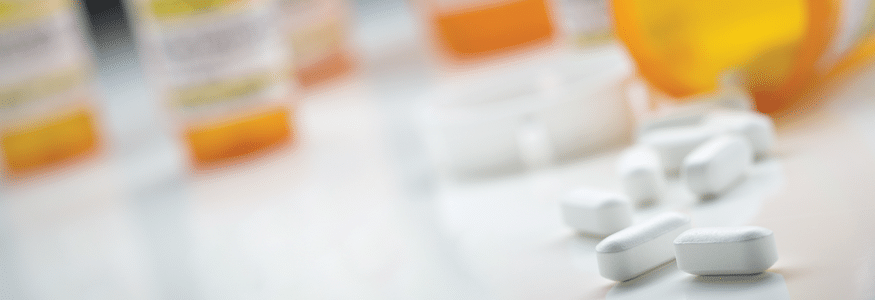
Choice in Medication Leads to Better Results
As a registered charity that advocates for gastrointestinal and liver disease patients, we frequently mention the importance of keeping a variety of medication options available for patients. Each individual has a unique physiology and responds to medications in different ways, therefore, our health care system and medication availability ought to reflect these variances. We warn against automatically substituting name brand drugs for generics in some cases (e.g., when the generic medication releases in a different part of the intestine than the brand releases) and limiting the types of medicines available in each disease area, since these factors might lead to worse symptoms and even increase health care costs down the line. Interestingly, according to a recent study,1 the importance of choice goes even deeper.
While all medications have specific functions and mechanisms of action within the body, the way you perceive the effectiveness of the drug can have an impact as well. You may have heard of the placebo effect before, in which a patient takes an inert medication, such as a sugar pill, but since they believe it will work they actually report a noticeable improvement in whichever disease area the placebo is purportedly helping. On the other hand, the term nocebo effect describes the opposite. If patients take a sugar pill that they believe to be capable of creating unpleasant side effects, then they can begin to feel these side effects, even when there is really no reason they should.
Researchers have found that patients respond better to their medication regimens when they are able to be a part of the decision-making process. When they get to choose between two or more medications, they are more likely to have better effects. In this study, researchers separated 61 university students into two groups. They told the subjects that they were all going to take a beta-blocker to help ease their pre-examination anxiety. One group would be able to choose one of two equivalent drugs, and the other group would be randomly assigned a beta-blocker. Both groups were actually given placebos.
The subjects filled out questionnaires both before and after taking what they believed to be medications, which asked questions about any side effects and their levels of anxiety. The researchers found that the individuals in the group who thought they were choosing which medication to use responded better to the fake medication; they experienced the placebo effect. However, those who couldn’t choose which medication to take experienced a greater number of negative side effects; they experienced the nocebo effect.
Interestingly, the drugs were described as having identical indications and side effects, and the names of the medications were made up so the participants had no prior feelings on either specific medication. Yet, having the opportunity to choose between these two drugs still made a difference. It wasn’t because they chose the one that sounded safest or most effective, but more likely the empowerment experienced when you get to make your own choices.
This study shows that the importance of choice goes beyond finding the correct medication, since having choice might positively influence our perception of the treatment, and having no choice might negatively effect perception of the treatment. Because these experiences are part of our human condition, instead of focusing on limiting options, we should ensure that patients have a wide variety of medications and treatments, and that physicians understand and respect their patients’ opinions and preferences.
Since this study was a fairly small sample size, and participants were young and healthy, this research is still in the early stages. However, providing patients with the opportunity to make decisions for themselves might help them to take control of their health and experience a better perception of their treatment regimen.

